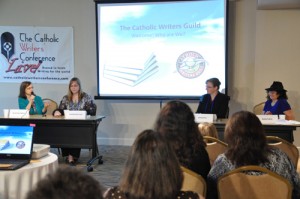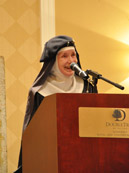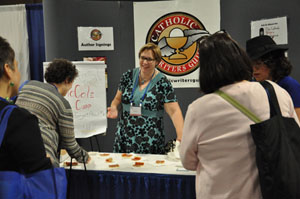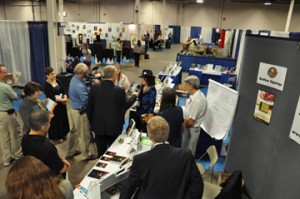Karina Teaches Worldbuilding – Lesson 6
Over this year, Karina is going to share some of her writing seminars on the blog, with the lessons and references for further study. We’ll be posting these once a month. There’s no assigned homework, but if you have questions, please ask them in the comments. Her first workshop is worldbuilding. This is Lesson 6. Here are the links to Lesson 1, Lesson 2, Lesson 3, Lesson 4, and Lesson 5.
Culture is roughly anything we do and the monkeys don’t. –Lord Raglan
Probably even more important to your story than the history, military, or economic and political structure, is the culture. This adds spice to your story and defines your character. What do your characters do when they enter that universal pub that so many fantasy worlds have, or have to work with a new alien? Here you can find fertile ground for jokes, insults, conflict and even philosophical discussion.
Value System:
- What are the values society treasures most? Leadership? Compliance? Ingenuity?
- What are their attitudes toward children? The elderly? Lesser life forms (pets, wild animals, etc.)? The environment?
- What’s considered success? Beauty? Intelligence?
- What are good manners?
Education:
- How much education do children get? Where do they receive it? How?
- What topics are required? What are encouraged?
- Do adults continue their education? Must they? Is education tied into promotions, or are native intelligence and natural skill more important?
Religion:
- God: There’s no religion without a Higher Power (or powers, as the case may be.) Who or what are they outside of your people’s beliefs? (For convenience, I’ll refer to God as “He.” Of course, your world may consider God a she, it or something beyond gender.)
- Believers: Religion must have followers. Who are they? What makes some of them more faithful than others? How do they experience their faith? Is your religion reserved for a certain section of the population? Is there a hierarchy of believers?
- Relationship with God: What kind of God do these people believe in? How do they imagine Him, speak with Him, and believe He thinks about them (Loving? Wrathful? Jealous?) What does He want from them? Is He personal, like in the Christian religion, or some kind of encompassing force, like in the Jedi religion?
- Method of communicating with God: Can they talk to God? Do they pray? Does He answer? If so, how? Does God grant graces or have special sacraments?
- Method of worship: Is there organized group worship? If so, what are the rituals and requirements? Is it necessary?
- Rules of living: What does God require of these people? What sacrifices does He ask? What rules of interacting with other sentients (or non-sentients) has He laid down? What commandments, laws, exhortations are there? What happens to those who do not live up to standards (heaven, hell, purgatory, mortal reward or punishment, etc.)? How does their religion deal with enemies—or aliens?
- Spreading faith: Do they evangelize? Is faith instinctive or do they learn it? How do they grow spiritually? Are there rituals for spiritual growth?
- Philosophy: How does their religion answer “Why?” Why is the sky blue? Why can I think and feel? Why do good or bad things happen? Why are we the way we are?
- Record: How are the tenets of religion passed down? Is there a written (or equivalent) Word of God? Is it literal, allegorical, historical? What are the stories of their faith?
- Roles: Are there prophets? Priests? Teachers? Saints? Angels? Demons?
- Spirituality: How is it experienced? Expressed?
- Symbology: What symbols does your religion have and what do they mean? A real-world example: if a red candle is lit in the sacristy (by the altar) of a Catholic church, it means Christ is physically present via the Consecrated Host. Symbols can be drawings or objects, gestures or words, clothing or constructs—but they all have (or had) meaning.
Nit noids:
- How are things named? Why?
- What do people do for fun?
- What are the bathrooms like?
- How is their language structured? In my Dragon Eye, PI universe, the elves have a complex syntax and form of conversation: to say “Excuse me” is a ritual that involves recognizing the other person’s station in life compared to your own, the severity of the offence and several other factors.
- What makes them laugh? Cry?
For More Reading:
A good way to come up with an alien culture is to read about new cultures and adapt it to your world. Read up on a place or religion you’re not familiar with.







